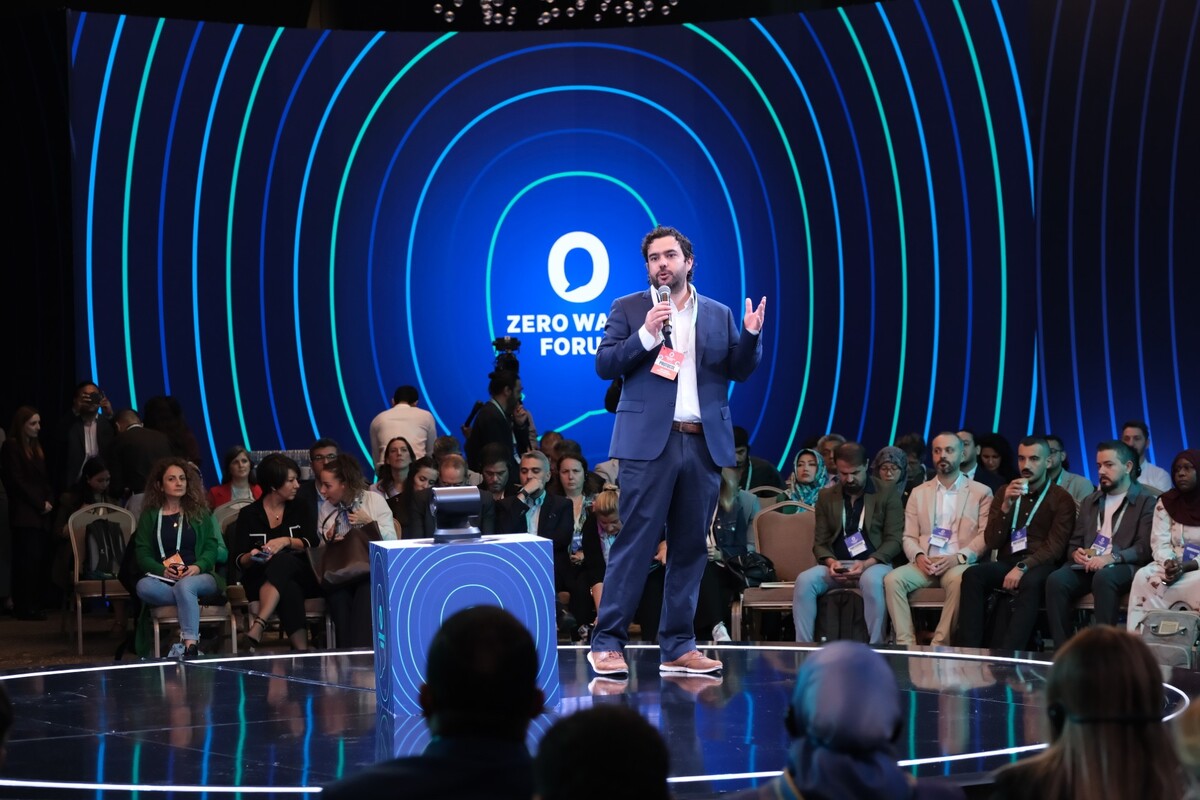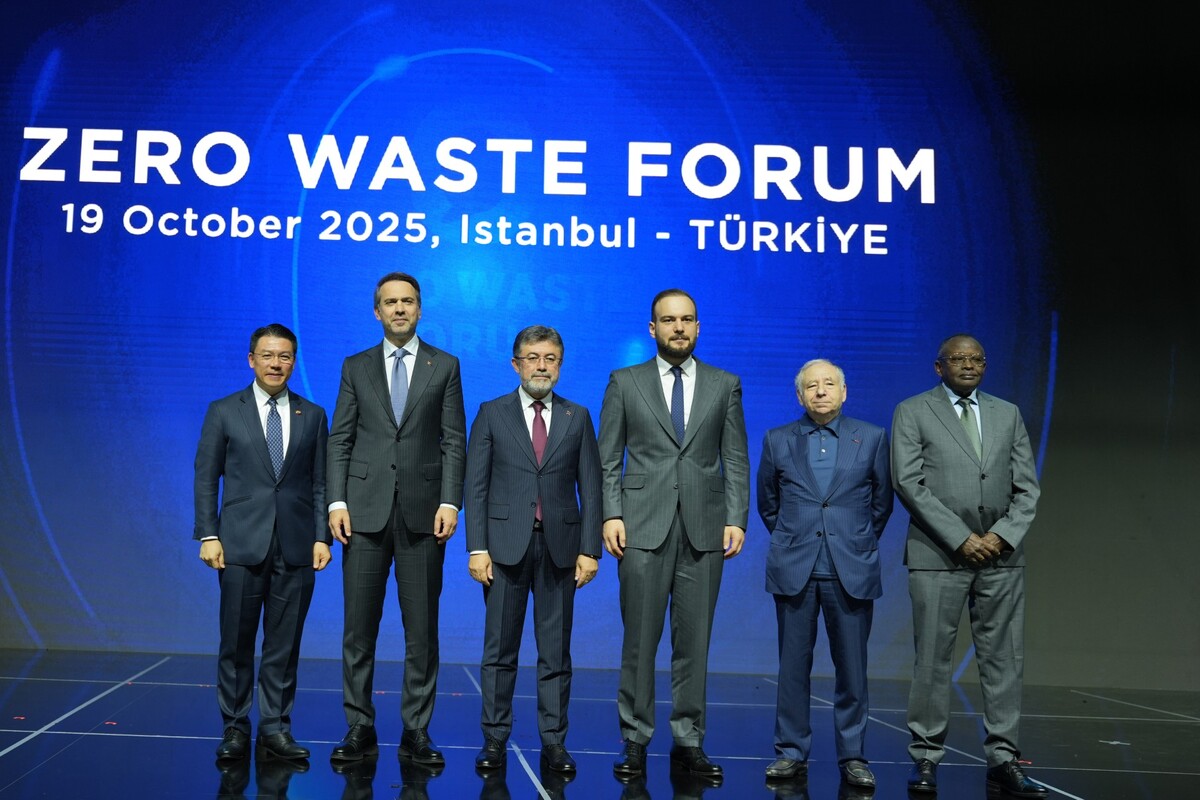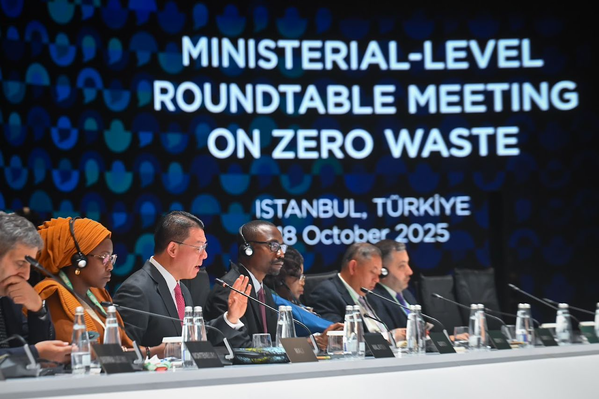Latin America Shows the World: Life Without Single-Use Was Always Possible
As the plastics crisis deepens, Latin America offers a rare advantage: a culture where reuse never disappeared and where entire economies still depend on returnable systems.
By José Manuel Moller, Vice Chair of the UN Zero Waste Advisory Board and CEO of Common House
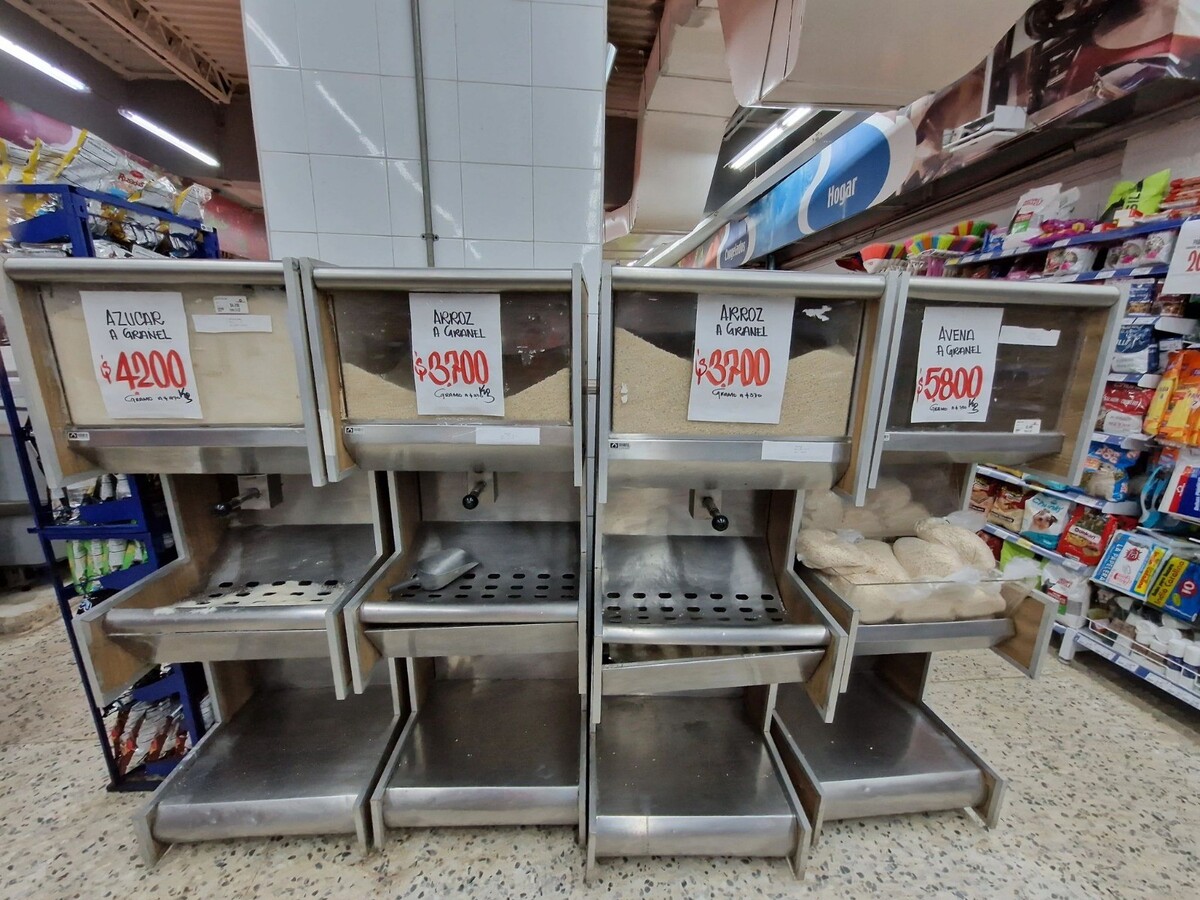
Before Plastic Became the Norm
For much of the twentieth century, Latin Americans lived without disposables. Families returned soda bottles, milk came in glass containers, and local shops refilled bulk products. What today is called “circularity” was then just common sense. Repair and reuse were habits born from practicality, not environmental campaigns.
The arrival of global brands and mass-produced plastics in the 1980s and 1990s introduced convenience culture. But the older model never vanished. That memory matters now: it proves societies can thrive without single-use packaging.
Beverages Still Lead the Way
Latin America remains one of the strongest regions for reusable beverage packaging. In Mexico, over half of all ready-to-drink beverages are sold in returnable bottles. A glass bottle can be reused 50 times, a PET bottle about 20. In Brazil, Coca-Cola’s universal returnable bottle reaches a recovery rate of more than 90 percent, something few markets can match.
The numbers reveal an industry of scale. Analysts valued the reusable packaging market in the region at more than 9 billion dollars in 2024, with expected growth above 5 percent annually through 2030. Compared with Europe or North America, where returnables are marginal, this is a major difference: Latin America did not fully surrender to the disposable model.
Why People Choose Reuse
Consumers in the region do not embrace reuse out of moral obligation. They do it because it is cheaper and easy. A refillable bottle often costs less per liter than a single-use option. Price is decisive.
That is a message to global companies. If reuse is designed as an affordable, convenient system, it succeeds. If it is sold as a premium “eco-product,” it fails. The lesson is simple: people should never be forced to pick between their household budget and the planet.
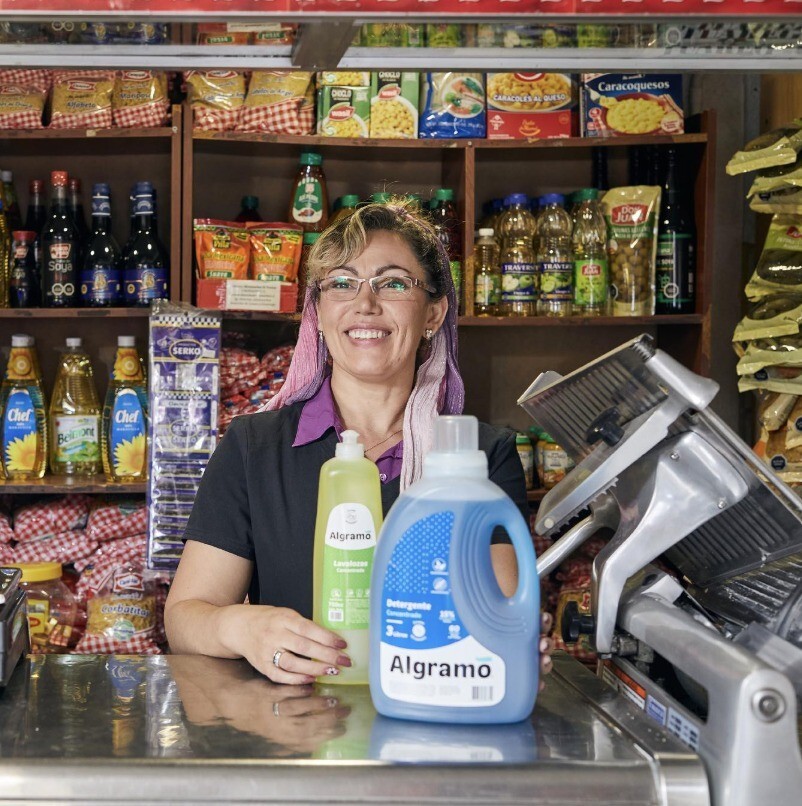
The Economics Behind the Shift
Critics argue that reuse requires costly infrastructure for collection and washing. The point is true: the transition is not free. Yet the cost is front-loaded. Once systems are running, they operate with greater efficiency than single-use models.
In a disposable economy, firms are locked into buying raw materials, energy, and packaging at fluctuating prices. In a reuse economy, costs shift to logistics and labor. That money circulates locally rather than leaving the country to pay for imported plastics. What looks expensive at the start becomes cheaper once the system scales.
Chile’s Regulation Pushes the Market
Public policy can accelerate change. Chile’s 2021 plastics law is among the strongest examples. From 2023, supermarkets must offer and receive returnable bottles. By 2026, 30 percent of all bottles on shelves will have to be reusable.
The same law requires single-use plastic bottles to contain at least 15 percent recycled material by 2025, rising step by step to 70 percent by 2060. Officials estimate the law will prevent 23,000 tons of plastic waste every year. Just as important, it sets clear rules for companies, forcing them to invest in reuse rather than waiting until the market changes on its own.
Waste Pickers Hold the Key
Across Latin America, millions of informal workers known as waste pickers sustain recycling systems. In Brazil, they recover almost 90 percent of all material that gets recycled. In Colombia, landfill operators admit the system would collapse without them.
If waste pickers were integrated into reuse, their work could change dramatically. Instead of selling low-value plastic scrap, they could manage the collection of reusable bottles, which carry far higher value per kilo. That shift would mean more income, formal contracts, and recognition of their essential role. It would also make reuse logistics faster, because waste pickers already know the streets, the neighborhoods, and the flow of materials.
Keeping Value Local
Disposable packaging often sends profits abroad. Resin production, bottle manufacturing, and machinery are concentrated in multinational supply chains. Reuse flips the equation. Most of the costs are in local services: sorting, transporting, and washing containers. Every step creates jobs where the products are consumed.
This makes reuse more than an environmental solution. It is also an employment strategy. Green jobs are created close to home, in industries that cannot be offshored. For communities facing unemployment and inequality, this matters as much as the reduction in plastic waste.
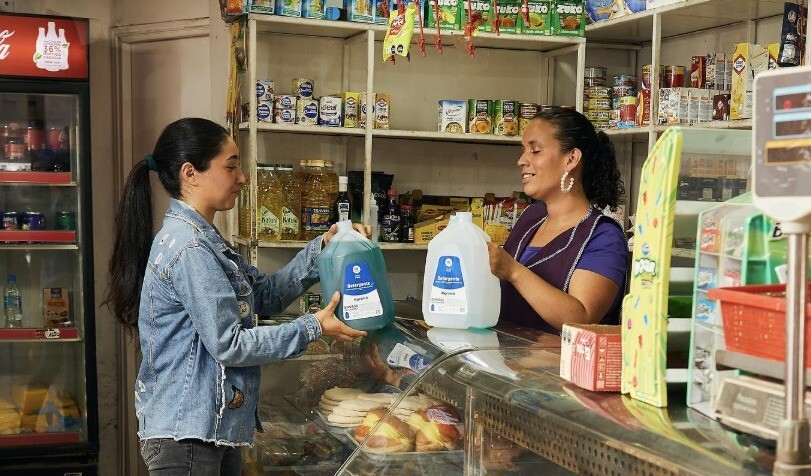
A Lesson the World Should Not Ignore
Latin America shows that societies can function and even thrive with reuse at the center. The region proves that when systems are affordable, backed by regulation, and socially inclusive, reuse scales quickly.
At international gatherings, the debate often looks north for inspiration. But perhaps the next stage of the global transition should look south. Latin America is not catching up; it is offering a model.
The message is clear: reuse is not nostalgia. It is a strategy to build economies that are resilient, fair, and rooted in local value. The choice is no longer whether reuse is possible. The choice is whether we recognize the solutions that are already here.

Global Zero Waste Forum
The Global Zero Waste Forum will be hosted in Istanbul to coincide with the Meeting of the UN Secretary-General’s Advisory Board on Zero Waste from 17-20 October.
“Having attended the ASEAN Sustainable Urbanisation Forum in Kuala Lumpur recently, we can see that member states and local governments are taking active steps to deal with the waste challenge”, said Samed Agirbas, the President of the Zero Waste Foundation.
“The ASEAN Capital Cities meeting adopted Zero Waste as their action commitment. The Minister of Housing of Malaysia will also take the matter up with his ASEAN ministerial colleagues at the ASEAN+China Ministers of Housing Meeting later this month”, Samed said.
Other than in the Asia Pacific region, the Zero Waste movement is also taking root in Latin America, Africa and Europe. “So long as we do not change our way of life, so long as we do not make the conscious effort to reduce waste at the individual level, we will not be able to make significant impact to reduce waste globally,” he said.
The Zero Waste Forum in Istanbul is not only a meeting but an opportunity to galvanise a global movement by making the commitment to adopt Zero Waste living. “We have commitments by member states and local governments. We want to partner with as many organisations as possible,” Samed added.
The Zero Waste Forum will also feature a small urban expo where solutions from all around the world will be showcased. The inaugural International Zero Waste Awards will be launched by Her Excellency Mme Emine Erdogan, the First Lady of Turkiye and the patron of the Zero Waste Foundation.
For more information about the Forum please see: globalzerowasteforum.org/

Business Reporter Team
Most Viewed
Winston House, 3rd Floor, Units 306-309, 2-4 Dollis Park, London, N3 1HF
23-29 Hendon Lane, London, N3 1RT
020 8349 4363
© 2025, Lyonsdown Limited. Business Reporter® is a registered trademark of Lyonsdown Ltd. VAT registration number: 830519543

